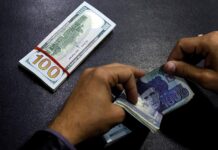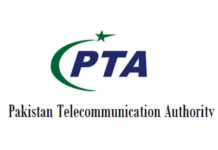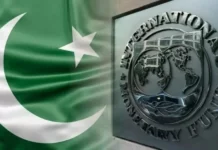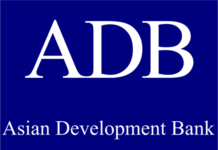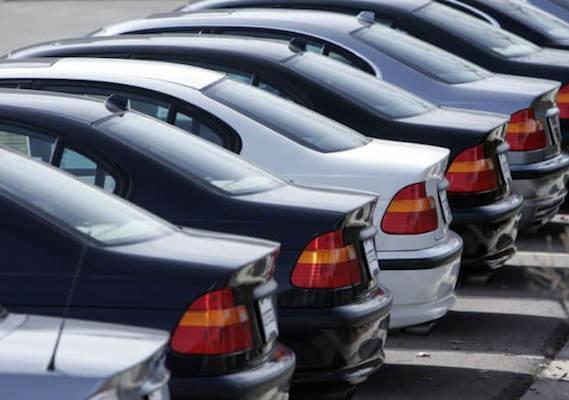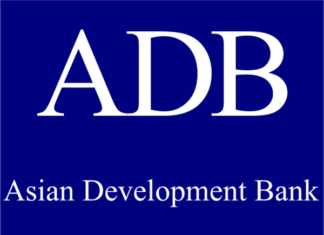ISLAMABAD: Major automotive industry players in Pakistan have announced plans to start exporting locally assembled and manufactured vehicles. Industry sources claim that trade agreements with importing countries are needed to boost vehicle exports. Export is also a requirement under the auto policy 2021-2026
Stakeholders of the auto industry, including major players such as Indus Motor Company and Pak Suzuki, have suggested that it is the government that should sign trade deals with countries where Pakistan will be exporting locally assembled/manufactured vehicles. These agreements would facilitate exports through tariff relaxation.
Introduced in 2021, the Auto Industry Development and Export Policy 2021-26 (AIDEP) set ambitious targets for the auto industry to improve localization rates and start exporting. The policy aims to end incentives for local car assemblers and provide an open playing field for new players.
Indus Motor and Suzuki have formally announced plans to export their variants, meeting the requirements of the auto policy. Other companies have yet to follow suit.
Indus Motor Company (IMC) announced its export initiative at a ceremony held at its manufacturing facility at Port Qasim Authority, Karachi. The event was attended by Federal Minister for Industries and Production Rana Tanveer Hussain, CEO of the Engineering Development Board (EDB) Engineer Khuda Buksh, representatives from the Special Investment Facilitation Council (SIFC), several government officials, and Toyota’s top leadership, including Executive Vice President of Toyota Motor Asia, Kazunari Iguchi.
This milestone marks IMC’s strategic plans to export vehicles and parts, significantly contributing to Pakistan’s economy and the global automotive market. The company’s export lineup includes the Toyota Fortuner, Hilux, and Corolla Cross models to Oceanian countries, reflecting IMC’s commitment to advancing Pakistan’s automotive industry on the global stage.
Federal Minister Rana Tanveer emphasized, “We are proud to see Indus Motor, one of Pakistan’s renowned companies, contributing towards exports. The government’s AIDEP 21-26 policy aims to boost the automotive sector by encouraging the export of localized parts and vehicles. IMC’s proactive approach sets a benchmark for others in the industry. We are committed to supporting the auto industry in every possible way.”
Kazunari Iguchi added, “The partnership with IMC has been immensely fruitful. At Toyota, we believe in building people before we build cars, and this step testifies to the improvement of skills and training of human resources in Pakistan. We look forward to continued collaboration and success, contributing to Pakistan’s growth.”
Ali Asghar Jamali, CEO of Indus Motor Company, stated, “Seeing the ‘Make in Pakistan’ dream cross international borders is a significant moment for us and Pakistan. We thank all our stakeholders for their support and trust. Becoming part of Toyota’s global supply chain affirms our commitment to putting Pakistan on the world map and strengthening its economy. This step highlights our capability to compete globally, and we are confident our products will be well-received. Moving forward, we aim to make Pakistan’s auto industry a symbol of reliability and quality globally.”
Pakistan’s auto industry has long struggled with localization. Historically, the government provided incentives to major players, allowing them to dominate the market and hindering new entrants. Over the past two decades, five-year auto policies have attempted to address this issue.
The first policy aimed to protect localization by ensuring local investment. However, the second policy (2011-2016) failed to increase competition, promoting the import of fully assembled cars instead of localization. The third policy (2016-2021) was more successful in increasing competition but primarily attracted investments in the upper segment and SUV categories, neglecting lower segments.
In 2021, the government introduced incentives for new technologies such as hybrid electric vehicles (HEVs) and battery electric vehicles (BEVs). The CKD HEV incentive aimed to attract investment and technology upgrades in local vehicle manufacturing.


